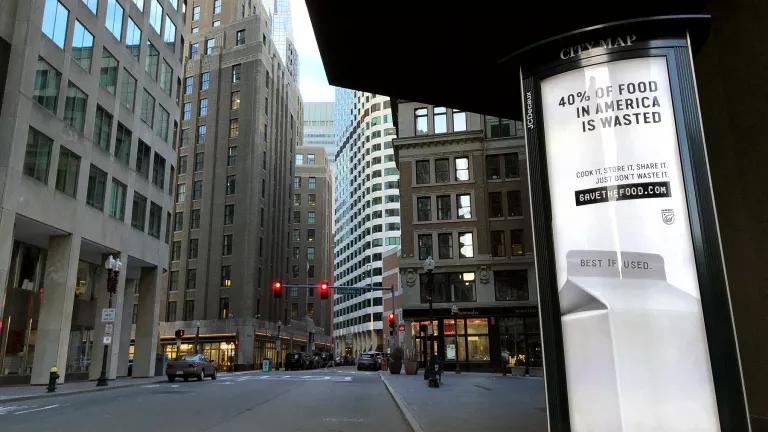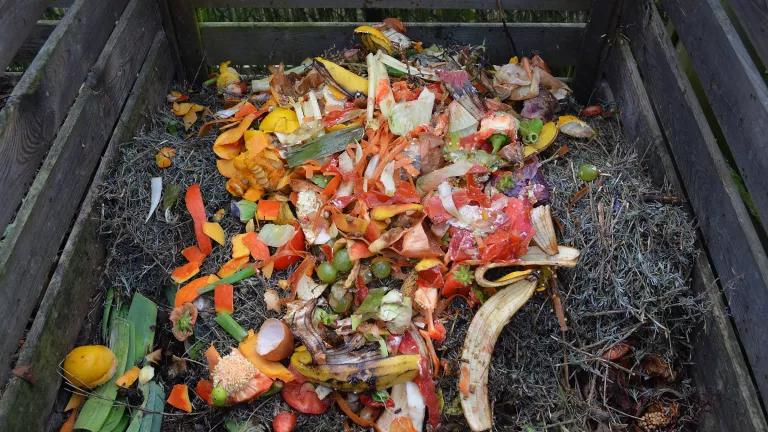
Co-authored with Terra Rose, Independent Consultant
The United States has an extraordinary food waste problem: up to 40 percent of all food in the country is not eaten. At the same time, 41 million Americans face food insecurity. Tackling food waste by reducing food waste, rescuing surplus food, and recycling food scraps would reduce greenhouse gas emissions and put food on the tables of Americans across the country—and cities are uniquely positioned to help solve this problem.
Because cities are often responsible for waste management, land use, and local health and food regulations, they are on the front lines of reducing food waste. NRDC’s Food Matters’ Initiative partners with cities to reduce food waste through a comprehensive set of innovative policies and programs. This policy and program toolkit provides cities and other partners with an understanding of the range of policy and program options that they can use to reduce food waste, and to support informed decision making about what strategies may be most feasible and effective in their community.
The toolkit is divided into four sections: rethink, reduce, rescue and recycle. Rethink contains foundational strategies to understand the scale and nature of the problem and to inform future policy and program development. Reduce involves preventing food from being wasted in the first place. Rescue suggests how to redirect surplus food to those in need. Recycle explains how to capture food scraps as a resource through composting and anaerobic digestion. Each section contains concrete information on what steps a city can take to reduce food waste, and how they can implement those steps.



